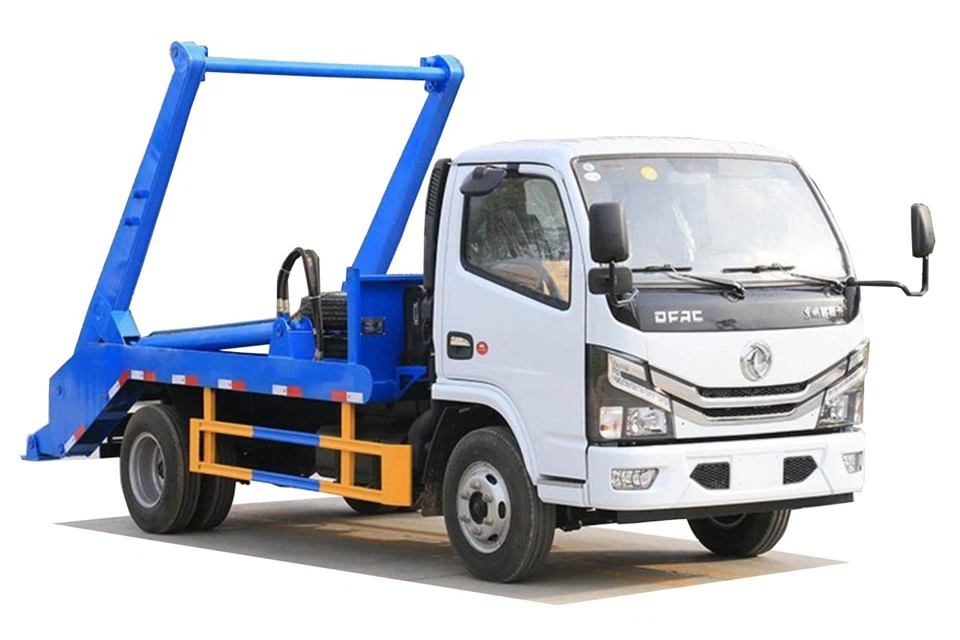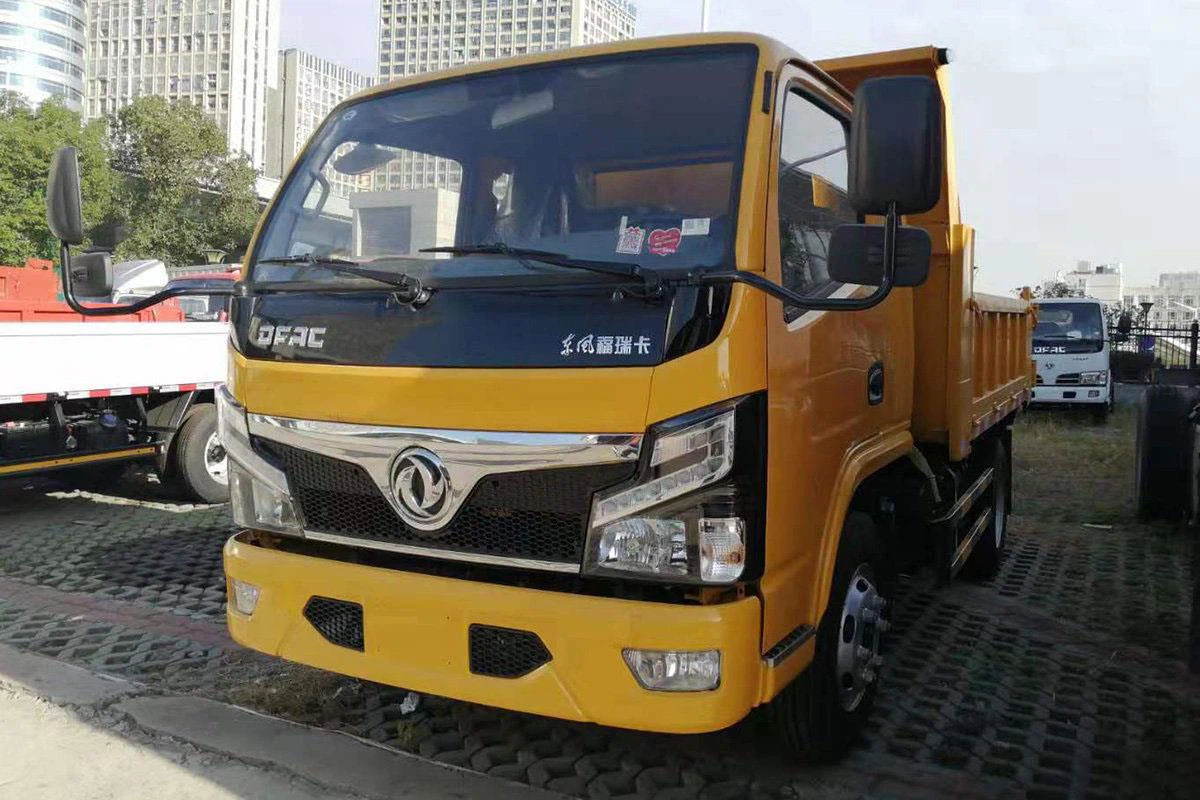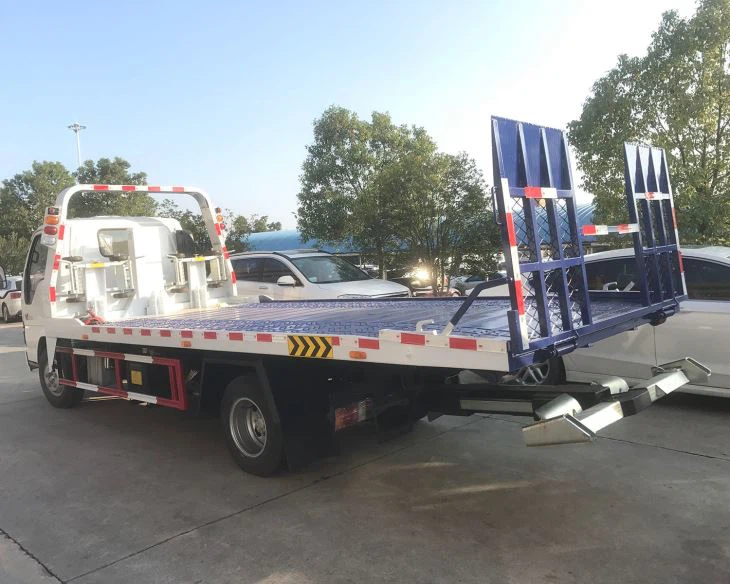Understanding Tank Trucks: A Comprehensive Guide

Tank trucks are essential vehicles in many industries, designed specifically for the transportation of liquids and gases. This article delves into the various aspects of tank trucks, including their types, uses, safety regulations, and maintenance practices. Whether you are a professional in the transportation industry or simply interested in learning more about tank trucks, this guide will provide valuable insights and practical tips.
What is a Tank Truck?
A tank truck, also known as a tank vehicle or tank lorry, is a type of vehicle designed to transport liquids or gases. These trucks consist of a tank mounted on a truck chassis, allowing for the efficient movement of large quantities of substance like fuel, chemicals, or water. Tank trucks are widely used in various industries, making them vital for many modern operations.
Types of Tank Trucks
1. Fuel Tank Trucks
Fuel tank trucks are designed to transport gasoline, diesel, and other fuel types. These trucks are typically equipped with multiple compartments to carry different fuel types simultaneously.
2. Chemical Tank Trucks
Chemical tank trucks are used to transport hazardous and non-hazardous liquids, including chemicals and solvents. These tanks often have special linings to prevent corrosion and leakage.
3. Water Tank Trucks
Water tank trucks are primarily used for carrying potable or non-potable water. They find applications in construction, mining, and firefighting operations.
4. Milk Tank Trucks
Milk tank trucks transport raw milk from dairy farms to processing plants. They are designed to maintain the milk’s temperature and hygiene standards throughout transport.
5. Vacuum Tank Trucks
Vacuum tank trucks are used to transport liquid waste and sludge. These trucks are equipped with a vacuum pump that allows for easy loading and unloading of materials.
Key Components of a Tank Truck
Understanding the components of a tank truck is crucial for its operation and maintenance. Below are the key elements:
| Component | Description |
|---|---|
| Tank | The cylindrical container that holds the liquid or gas. It can be made from various materials, including aluminum or stainless steel. |
| Chassis | The framework that supports the tank. This can be built on a variety of truck models. |
| Pump System | Used for loading and unloading the contents of the tank. Can be powered by the truck’s engine or a separate motor. |
| Valves | Control the flow of liquids in and out of the tank. |
| Insulation | On insulated tanks, it helps maintain the temperature of the liquid, especially in extreme weather. |
Uses of Tank Trucks
Tank trucks serve critical roles in several industries. Here are the primary applications:
1. Fuel Distribution
Fuel tank trucks are instrumental in supplying gasoline and diesel to gas stations, distribution centers, and industrial facilities. Their capacity to transport large quantities helps ensure a steady fuel supply in communities.
2. Chemical Transport
Chemical tank trucks are used to deliver essential materials to industries such as agriculture, pharmaceuticals, and manufacturing. They ensure the safe transport of potentially hazardous substances while adhering to strict regulations.
3. Agricultural Applications
In agriculture, tank trucks are used for transporting fertilizers, pesticides, and other soil amendments. They play a crucial role in ensuring that farming operations run smoothly and efficiently.
4. Emergency Response
Tank trucks are often employed by firefighting services to deliver water to locations lacking municipal water supplies during emergencies. Their mobility and capacity can make a significant difference in firefighting efforts.

Safety Regulations for Tank Trucks
Given the nature of the materials transported, tank trucks are subject to rigorous safety regulations. Understanding these requirements is essential for operators and companies that rely on these vehicles.
1. DOT Regulations
The Department of Transportation (DOT) in the United States sets regulations for the safe transportation of hazardous materials. Tank trucks must comply with these guidelines, which include proper labeling, secure loading, and emergency response protocols.
2. Driver Training
Drivers must undergo specialized training in handling various cargo types, particularly hazardous materials. Certifications are often required to ensure that drivers are familiar with safety protocols and regulations.
3. Vehicle Inspections
Regular vehicle inspections are mandated to ensure safety and compliance. This includes checking the integrity of the tank, hoses, and pump systems. Operators should maintain comprehensive records of these inspections.
4. Emergency Response Plans
Companies must have emergency response plans in place to address spills or leaks quickly. Training employees and having the necessary equipment on hand can mitigate potential damage to people and the environment.
Maintenance of Tank Trucks
To ensure optimal performance and safety, proper maintenance of tank trucks is critical. Here are key maintenance practices to adopt:
1. Regular Cleaning
Tank trucks should be cleaned regularly to prevent contamination of the materials being transported. This involves flushing and sanitizing the tank, especially when switching between different cargo types.
2. Inspecting Seals and Gaskets
Seals and gaskets can wear out over time, leading to leaks. Regular inspections help identify early signs of wear, allowing for timely replacements before more significant issues arise.
3. Hydraulic and Electrical Systems
Check hydraulic systems and electrical components regularly to ensure everything is functioning correctly. Addressing small issues immediately can prevent more extensive repairs and downtime in the future.
4. Tire and Brake Check
Given the heavy loads they carry, tank trucks require regular tire and brake inspections. Monitoring their condition is essential for safe operation and control on the road.

Cost Considerations When Using Tank Trucks
Using tank trucks involves various costs, and understanding these can help businesses budget effectively.
1. Purchase and Leasing Costs
The initial cost of purchasing or leasing a tank truck can be significant. Businesses must weigh their options carefully, considering the type of tank truck they need and its intended use.
2. Operating Costs
Operating costs include fuel, maintenance, and regulatory compliance expenses. Budgeting for regular maintenance and potential repairs is essential for long-term efficiency.
3. Insurance Costs
Insurance is a critical consideration, especially when transporting hazardous materials. The type of cargo and driving record of the operator can influence insurance rates.
4. Training and Staffing Costs
Companies must also consider the costs associated with training drivers and maintaining staff levels. Ensuring that drivers are appropriately trained presents an additional expense but is crucial for safety and compliance.
Technology in Tank Trucks
Advancements in technology are changing how tank trucks operate. Here are some technological innovations:
1. GPS Tracking
GPS systems enable real-time tracking of tank trucks, allowing companies to monitor deliveries and increase efficiency. This technology can enhance operational planning and customer satisfaction.
2. Automated Systems
Some modern tank trucks feature automated loading and unloading systems, reducing the need for manual intervention. Automation can improve safety and efficiency on job sites.

3. Fuel Efficiency Technologies
Technological advancements are leading to more fuel-efficient tank trucks, helping businesses reduce operating costs and lower their environmental impact.
Practical Tips for Choosing a Tank Truck
When selecting a tank truck, consider the following practical tips:
1. Assess Your Needs
Determine the type of material you will be transporting and select a tank truck designed for that purpose. Understand the capacity requirements and ensure compliance with local regulations.
2. Consider Used vs. New
Evaluate whether a new or used tank truck better fits your budget and needs. New trucks come with warranties and modern technology, while used trucks can offer significant savings.
3. Budget for Maintenance
Factor in the maintenance costs associated with the tank truck when making your decision. Regular servicing will ensure longevity and reliability.
4. Research Vendors
Research different vendors and manufacturers, comparing their products, warranties, and customer service. Reading reviews can provide insights into their reputation.
FAQs About Tank Trucks
1. What types of liquids can tank trucks transport?
Tank trucks can transport a variety of liquids, including fuel, chemicals, water, milk, and liquid waste. The specific design of the tank truck may be tailored for the cargo type being transported.
2. How are tank trucks cleaned after delivering hazardous materials?
Cleaning tank trucks involves flushing the tank with water and specialized cleaning agents to remove residues. Professional services are often employed to ensure safety and compliance.
3. What regulations do tank truck drivers need to follow?
Tank truck drivers must follow DOT regulations, which include proper handling, secure loading, and emergency response protocols in case of spills or accidents.
4. How often should tank trucks be inspected?
Tank trucks should be inspected regularly, at least once a year, as well as prior to each transport to ensure all components are functioning correctly and safely.
5. Are there training programs for tank truck drivers?
Yes, there are dedicated training programs for tank truck drivers focusing on safe handling, emergency protocols, and compliance with regulations.
6. What advantages do GPS systems provide for tank trucks?
GPS systems offer real-time tracking of tank trucks, helping companies optimize routes, improve delivery times, and enhance customer service by providing accurate arrival estimates.
